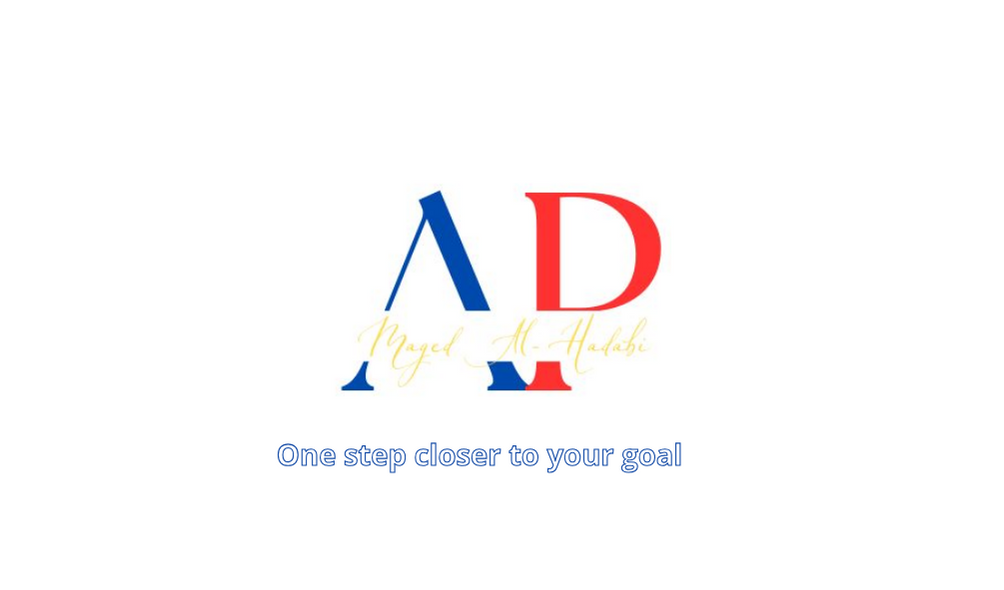 |
Class 9 dangerous goods is a miscellaneous dangerous substances and articles, including environmentally hazardous substances. It is defined as any substances and articles which during transport present a danger or hazard not covered by other dangerous goods classes.
Class No. | Division No. | Class Name |
9 | -- | Miscellaneous dangerous substances and articles, including Environmentally Hazardous Substances. |
Class | IATA IMP CODE |
9 | EBI,EBM,ELI,ELM,ICE,RBI,RBM,RLI,RLM,RMD, |
These include Aviation regulated solids or liquids, where materials may have irritating, noxious or other properties which could cause extreme annoyance of discomfort to crew members preventing them from performing their duties.
Also, the substances and articles of hazmat class 9 include as example:
1- Carbon dioxide, solid ( Dry Ice, UN 1083)
Class | IATA IMP CODE |
9 | ICE |
Carbon dioxide, solid/ dry ice has a temperature of -79 °C. when dry ice is sublimated it produces a gas heavier than air which in an enclosed area and in large quantities can lead to suffocation.
2- Lithium Batteries
Class | IATA IMP CODE |
9 | RBI,RBM,RLI, RLM |
 |
| Lithium Batteries Hazard Label |
Lithium batteries present both chemical and electrical hazards where under certain conditions, this may lead to ignition of a fire as well as provide fuel for a fire caused by conditions unrelated to the batteries.
3- Magnetized Material
Class | IATA IMP CODE |
9 | MAG |
 |
Magnetized Material Hazard Label |
These materials have relatively high magnetic field strength.
DG class 9, miscellaneous dangerous goods present many potential hazards to health and safety, infrastructure, and the environment. Miscellaneous dangerous substances and articles may be in UN Packing Group II or III, or have no Packing Group.
I recommend that you see to this video

